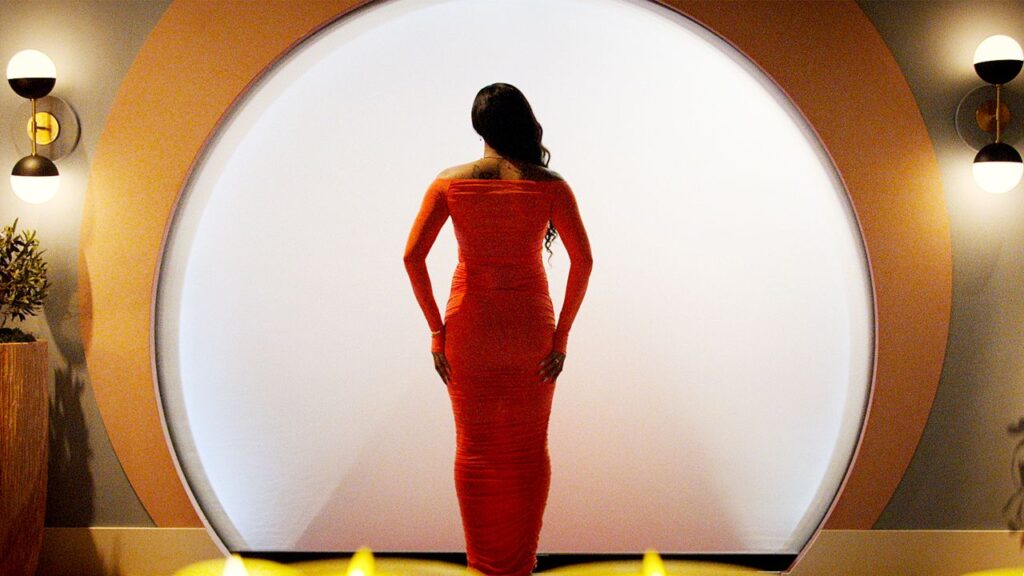“Take a breath and go ahead,” Robert Galinsky says, eyeing his student from across a Zoom screen. Dylan, a 45-year-old from Phoenix, Arizona, dressed in a light blue button-down, exhales and begins to explain for the third time why he wants to search for true love on the Netflix reality-dating series Love Is Blind.
Dylan says he has prioritized his real estate career over romance, and dating apps have failed to produce lasting love. But when he talks about building a connection sight unseen, or “from the inside out,” as he puts it, Galinsky stops him. “That’s killer—we want to save that phrase,” he says, advising Dylan to shave his three-minute explanation down to a sound-bite-worthy chunk. After all, reality TV narratives are built by producers and editors (he cleverly refers to them as “preditors”) who favor pithy catchphrases.
Dylan has only made it past the first round of Love Is Blind casting so far, but is already in his third session of 10 with Galinsky, a self-described “presentation coach” who has guided hopeful clients to spots on shows, ranging from Project Runway to Survivor, since 2007. That was when Argentinian dog groomer Jorge Bendersky became the first reality TV hopeful to contact Galinsky, who also coaches TEDx presenters, corporate executives, and students at The Juilliard School (he’s currently advising jazz musicians on how to introduce the historical context of their music before a performance). With Galinsky’s guidance, Bendersky became a top-three finalist on the short-lived Animal Planet series Groomer Has It, and the New York Reality TV School was born.
Like many of those who have sought Galinsky’s services, ranging from Millionaire Matchmaker and Bad Girls Club alum to Chelsea Clinton and 50 Cent, Dylan wants to put his best foot forward onscreen. Think of it as hiring a private tutor before the SAT—with the knowledge that millions of eyeballs will be watching your exam. (The cost of Galinsky’s one-on-one services for reality TV coaching begins at roughly $300 per session, with rates increasing for more specific training once a client is cast on their desired show.) Galinsky, who has a background in acting, treats reality TV as improvisational theater. During the session that Dylan has allowed me to observe (provided I omit his last name), Galinsky quizzes his client on dating deal-breakers, urging him to use the stating of any potential red flags as an opportunity to accentuate his own strengths. What if, as Galinsky posits, a suitor is turned off by someone who is rude to waitstaff, for instance? Dylan immediately discusses his time as a bartender in college. Galinsky smiles approvingly; in one answer, Dylan has both reassured his future wife and revealed a personal detail that will bolster his overall storyline.
“Fakes are the first ones kicked out of the house and voted off the island,” Galinsky says. “So if you know thyself, you’re going to be that much more powerful….You have to have an immense amount of self-awareness to be on these shows, to understand how you’re not going to let someone bulldoze you…so that you become the funniest, most pathetic meme that’s out there.” To get a better sense of how he can best orient a client toward reality TV stardom, Galinsky asks them to provide their origin, scar, and aspiration: where they’re from, what shaped them, and their postshow hopes. “A girl [once] walked in and said, ‘I want to be able to live in the Real World house and drink everybody under the table,’” he recalls. “After two sessions she said, ‘I’m quitting the class because I realize now all I really wanted to do was say “fuck you” to my dad by getting drunk in front of everyone.’”

